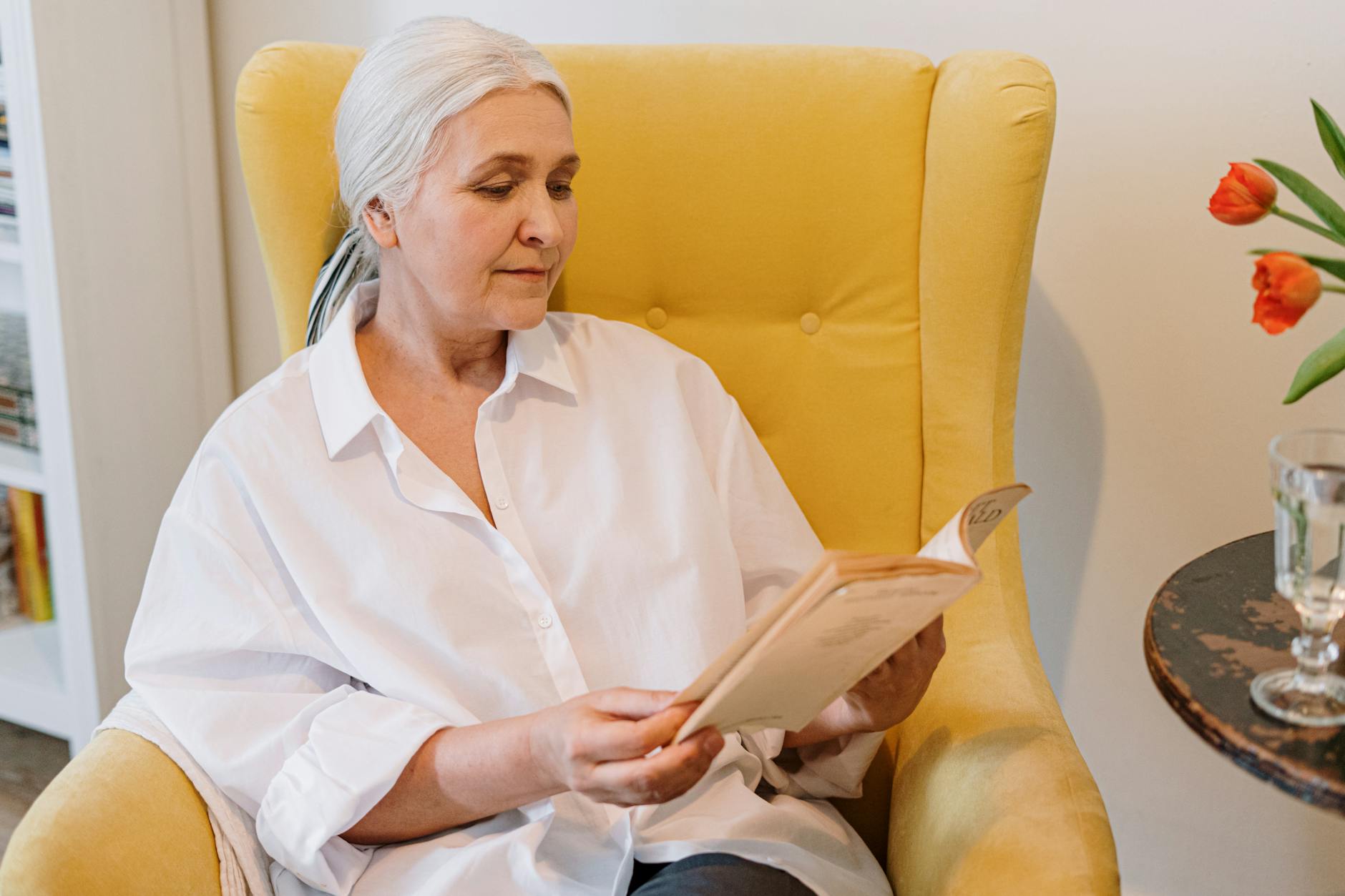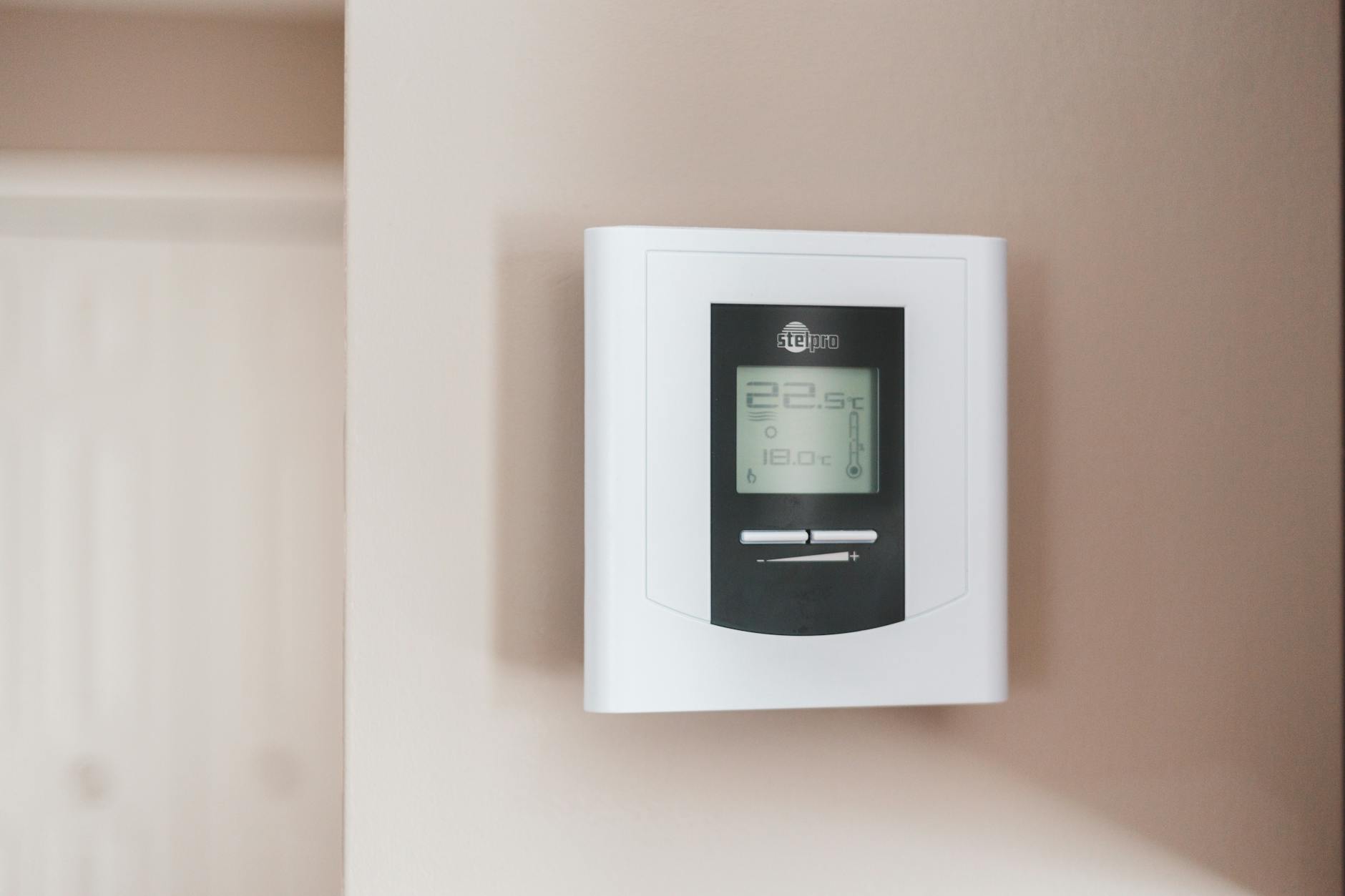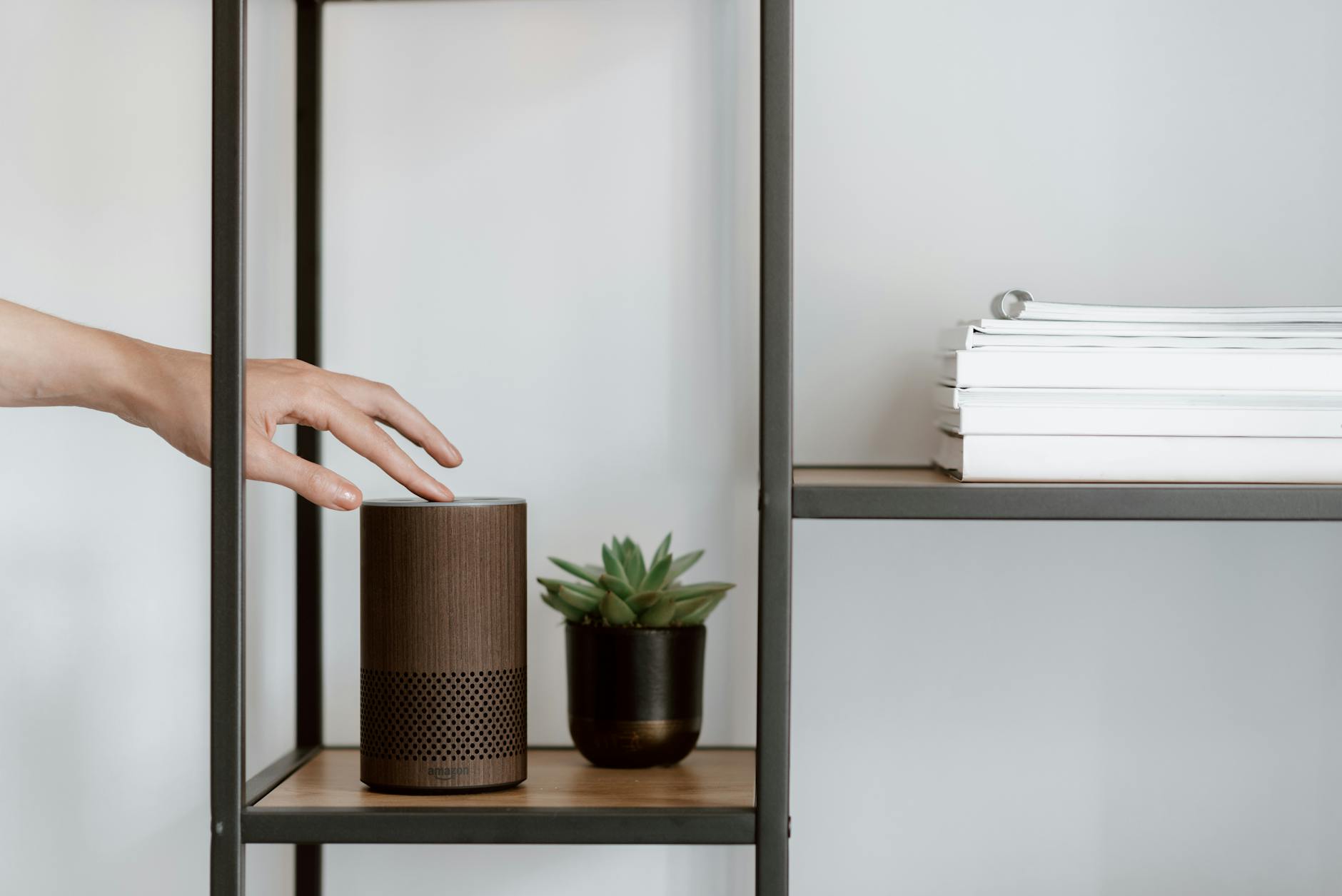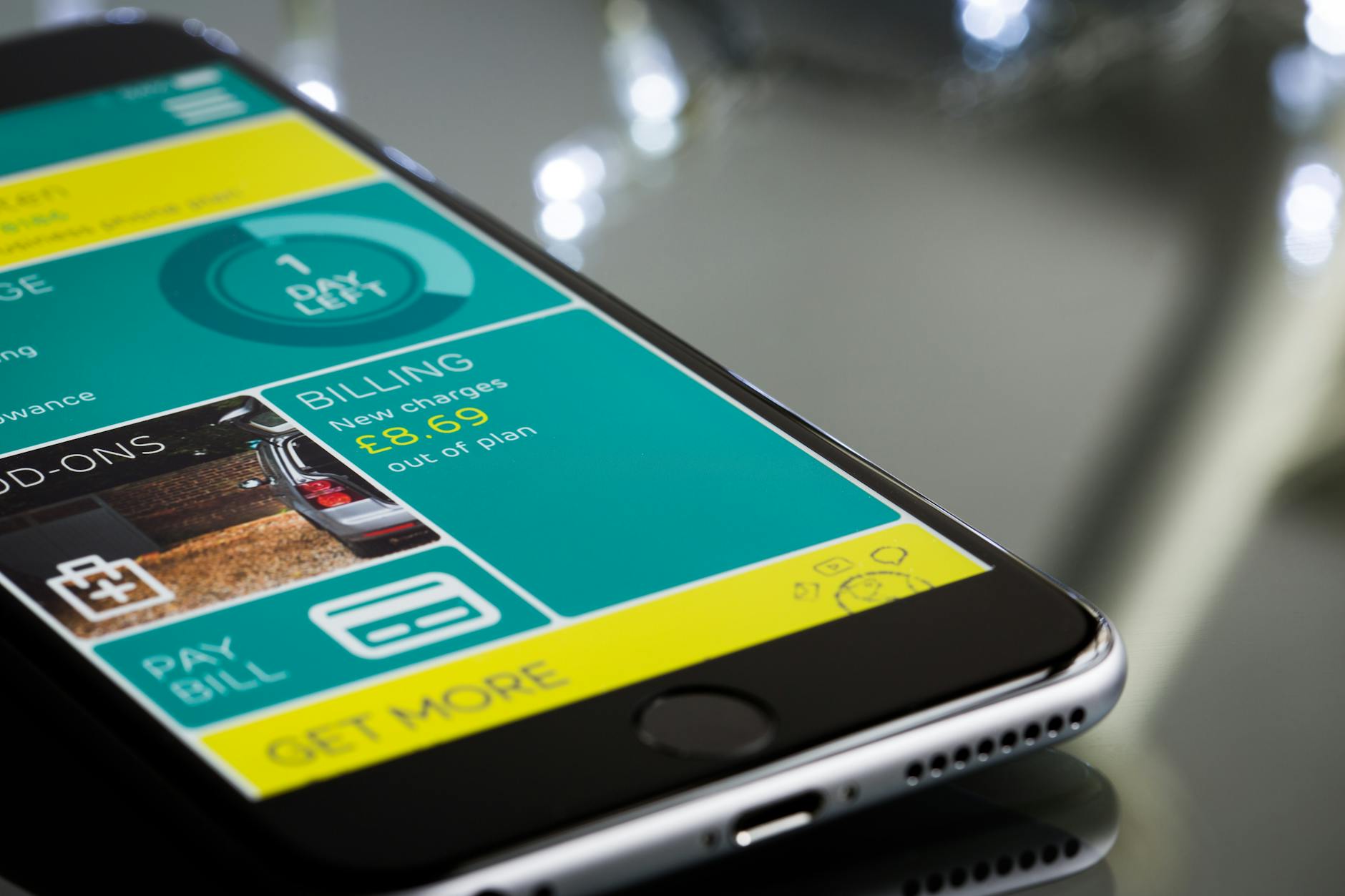Smart homes are houses with devices that can be controlled remotely through a smartphone or other connected device. In recent years, there has been a significant increase in the popularity of smart technology in homes, with features such as voice-controlled assistants, smart thermostats, and security systems becoming increasingly common.
This trend is also making its way into retirement living, with smart technology offering older adults the ability to live independently for longer periods. Features such as health monitoring systems, automated medication reminders, and smart home assistants are revolutionizing retirement living by providing residents with increased safety, convenience, and peace of mind.

Benefits of smart homes for retirement living
The concept of smart homes is revolutionizing the way people live, and retirement living is no exception. With aging populations on the rise, smart homes offer a host of benefits for seniors looking to live independently and comfortably. Let’s explore some of the advantages of smart homes for retirement living:
Enhanced safety and security features
Smart homes may have advanced security systems such as motion sensors, cameras, and smart locks to keep seniors safe and secure. Remote monitoring capabilities allow family members and caregivers to keep an eye on their loved ones from afar, providing peace of mind.
Increased accessibility and convenience for seniors
Smart home technology can include voice-activated devices, automated lighting and temperature controls, and adjustable height features for greater accessibility. Smart home systems can assist with everyday tasks, such as turning off lights, locking doors, and even reminding seniors to take medications.
Remote monitoring and health tracking capabilities
Smart devices can track vital signs, medication adherence, and overall health and wellness, providing valuable insights for seniors and their healthcare providers. Emergency alerts and notifications can be set up to automatically notify caregivers or emergency services in case of a fall or other health emergency.
Energy efficiency and cost savings
Smart homes can optimize energy usage through smart thermostats, lighting controls, and energy-efficient appliances, leading to lower utility bills and reduced carbon footprint. Home automation features can help seniors manage their energy consumption more effectively, leading to long-term cost savings.

Features
As people retire and settle into their senior years, they often look for ways to simplify their daily tasks and make their living spaces more comfortable and convenient. Smart home features have increasingly become popular among retirees for their ability to enhance the quality of life in various ways. From saving energy to improving safety and security, these innovative technologies can truly transform the way seniors live in their homes.
Smart thermostats and lighting controls
These devices allow retirees to easily adjust the temperature and brightness in their homes with a simple voice command or the touch of a button on their smartphone. This not only helps in saving energy and reducing utility bills but also ensures that the living space is always comfortable and well-lit.
Health monitoring devices and wearable technology
Seniors can benefit greatly from devices that help them keep track of their health and well-being. From smartwatches that monitor heart rate and sleep patterns to smart scales and blood pressure monitors, these technologies can provide valuable insights into their health status and allow for proactive health management.
Smart kitchen appliances and home automation systems
Retirees can enjoy the convenience of smart kitchen appliances such as refrigerators that can suggest recipes based on available ingredients or ovens that can be controlled remotely. Home automation systems can also help seniors with tasks such as turning on/off lights, locking doors, and adjusting shades, all with the use of a smartphone or voice command.
Voice-activated assistants and communication tools
Virtual assistants like Amazon Alexa and Google Home can provide retirees with hands-free access to information, entertainment, and communication tools. These devices can also be programmed to send medication reminders, emergency alerts, and updates on weather conditions, adding an extra layer of safety and convenience to their daily lives.
A big improvement
Smart homes for seniors offer a range of benefits, including increased safety, convenience, and independence. Leveraging technology to automate tasks and monitor health can provide peace of mind for both seniors and their loved ones. By implementing smart home devices, seniors can age in place comfortably and securely, maintaining their quality of life while reducing the need for outside assistance. As technology continues to advance, the potential for smart homes to improve the lives of seniors will only grow.







4 thoughts on “Smart Homes – Technology is Revolutionizing Retirement Living”
Pingback: How CCTV Cameras Linked to Smartphones Are Changing Home Security
Pingback: Best Tech Gifts for Seniors - Tech-Savvy Goldies in Your Life
Pingback: Voice Assistants for Seniors - Changing the Tech Game
Pingback: How Seniors Can Use Technology for Sustainable Living